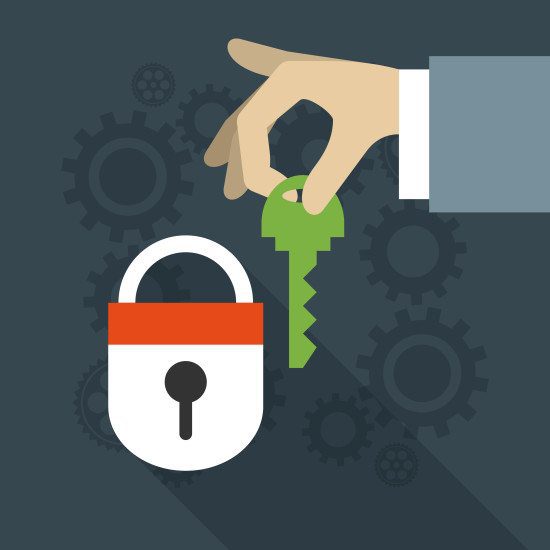The Digital Minister Chris Philp has announced that the Online Safety Bill will be significantly strengthened with a new legal duty requiring all sites that publish pornography to put robust checks in place to ensure their users are 18 years old or over. This could include adults using secure age verification technology to verify that they possess a credit card and are over 18 or having a third-party service confirm their age against government data. If sites fail to act, the independent regulator Ofcom will be able fine them up to 10 per cent of their annual worldwide turnover or can block them from being accessible in the UK. Bosses of these websites could also be held criminally liable if they fail to cooperate with Ofcom.
More information https://www.gov.uk/government/news/world-leading-measures-to-protect-children-from-accessing-pornography-online
The following experts have provided commentary on this:



